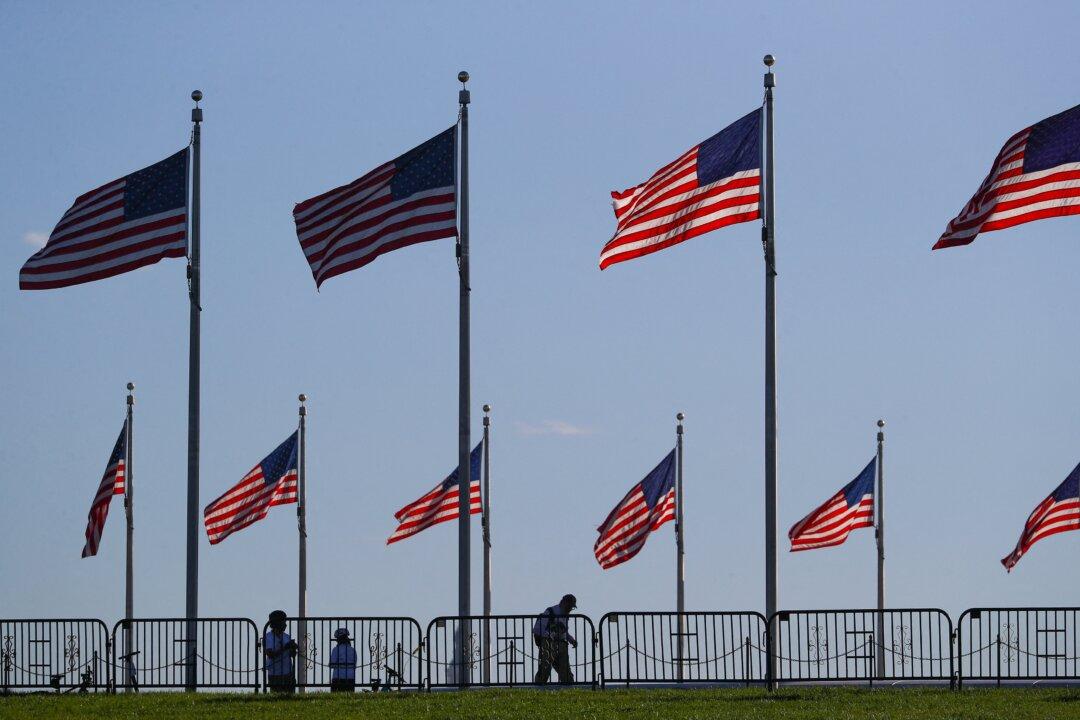Commentary
In a time of ideological upheaval and the threat from China, Americans face acute perils to their lives, livelihoods, traditions, inheritance from the previous generations of Americans, and obligations to future generations.

In a time of ideological upheaval and the threat from China, Americans face acute perils to their lives, livelihoods, traditions, inheritance from the previous generations of Americans, and obligations to future generations.